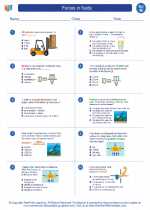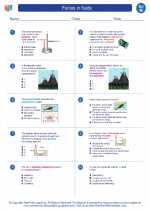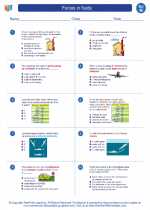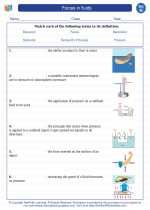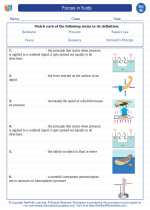Pathology: An Overview
Pathology is the study of the causes and effects of diseases or injuries. It involves examining and analyzing bodily fluids, tissues, and organs to understand the nature and progression of diseases. Pathologists play a crucial role in diagnosing diseases, developing treatment plans, and conducting research to advance medical knowledge.
Key Concepts in Pathology
- Disease Mechanisms: Pathologists study the mechanisms by which diseases develop, progress, and impact the body. This includes understanding the role of genetic, environmental, and lifestyle factors in disease development.
- Tissue Analysis: Pathologists analyze tissue samples to identify abnormalities, such as cancerous cells or structural changes, to diagnose diseases and guide treatment decisions.
- Diagnostic Techniques: Pathology encompasses various diagnostic techniques, including histopathology, cytology, and molecular testing, to identify diseases at the cellular and molecular levels.
- Medical Research: Pathologists engage in research to uncover new insights into disease mechanisms, develop innovative treatments, and improve diagnostic methods.
Importance of Pathology in Medicine
Pathology is integral to modern medicine for several reasons:
- Accurate Diagnosis: Pathological analysis provides essential information for diagnosing diseases and determining their severity.
- Treatment Planning: Pathology helps clinicians tailor treatment plans based on the specific characteristics of diseases, contributing to more effective interventions.
- Disease Prevention: Pathological research enhances our understanding of disease risk factors, enabling preventive measures and early detection strategies.
- Advancing Medical Knowledge: Pathologists' research contributes to the development of new therapies, diagnostic tools, and insights into disease processes.
Study Guide for Pathology
If you're studying pathology, consider focusing on the following areas:
- Understanding Disease Processes: Learn about the cellular and molecular mechanisms underlying various diseases, including cancer, infectious diseases, and autoimmune conditions.
- Diagnostic Techniques: Familiarize yourself with histopathology, cytology, and molecular testing methods used in pathology to diagnose diseases accurately.
- Tissue Analysis: Gain knowledge of different types of tissue samples and how they are analyzed to identify disease-related changes.
- Research Skills: Explore the basics of scientific research, including experimental design, data analysis, and interpretation of research findings in pathology.
- Clinical Applications: Understand how pathology findings are applied in clinical settings to guide treatment decisions and improve patient outcomes.
By mastering these key areas, you'll develop a solid understanding of pathology and its critical role in healthcare.
.

